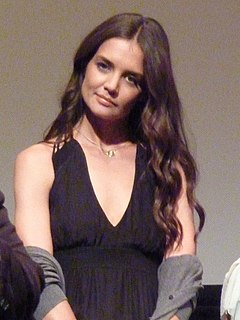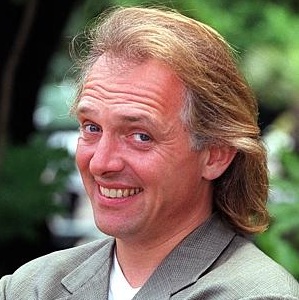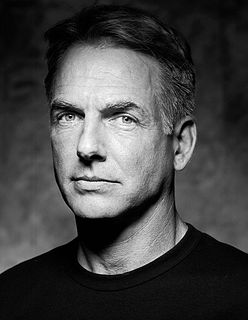A Quote by Denis Norden
Bob Monkhouse, Galton and Simpson, Spike Milligan and I all started around the same time with an enormous advantage: working to an audience all of whom had shared an awful, common experience - the war.
Related Quotes
The film-maker Alejandro Jodorowsky - his films are hard to watch - they're so dense and rich - but they're probably the best things ever made. And Spike Milligan, who was light years ahead of the rest - I played some of his stuff to Jack Black once. He'd never heard of him, so watching him listen to Spike for the first time was just hilarious.
The Philippines and the U.S. have had a strong relationship with each other for a very long time now. We have a shared history. We have shared values, democracy, freedom, and we have been in all the wars together in modern history, the World War, Second World War, Cold War, Vietnam, Korea, now the war on terrorism.
The Goons were always one of our favourites; we always felt we were in that tradition - Goons, Monty Python, Peter Cook, Vic and Bob, Spike Milligan. We felt we were part of that lineage, but in England, it wasn't happening like that. There was a brand of comedy like 'The Office,' which was very real.
When I was younger, my whole sense of self-worth was based on whether or not I was working, which was awful. And I had a baby at 20 years old, so it wasn't just about me. At around the age of 30 there was a stretch where I wasn't working - certainly not on anything I liked, anyway - and I started to do other things.
The system we have is one that protects my rights under a president I don`t approve. That tomorrow we`ll do the same for you. And what people have in common is their commitment to those shared rules. And if you have someone who was a challenger to the shared rules, that`s unacceptable. And we`ve never seen that before. Not in a long, long time but we see it now.
I think that theater is a unique way to communicate with people as they gather together with other people they may not even know. It creates a sense of shared community for the time of the performance that hopefully carries over into other aspects of the audience's life because they have shared this experience together.
The psyche is the inward experience of the human body, which is essentially the same in all human beings, with the same organs, the same instincts, the same impulses, the same conflicts, the same fears. Out of this common ground have come what Jung has called the archetypes, which are the common ideas of myths.
I just spent a lot of time on 'ER' for that eight years. I also started working when I was 16, so by the time I left 'ER,' I was 40 years old, I had this incredible experience, my wife had this great company, we had four kids, it was like, 'Let's go to New York and live for a while and make that the priority.'





































